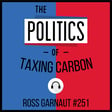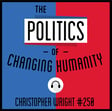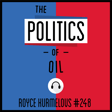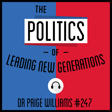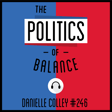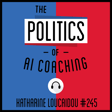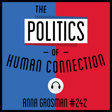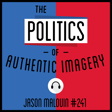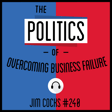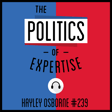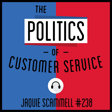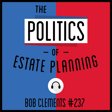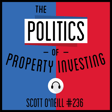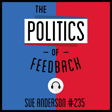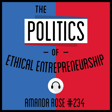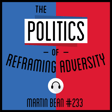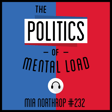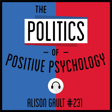
243: The Politics of Climate Action - Deborah Hart
Meet Deborah Hart, a climate and environment-focused creative producer and writer based in Narrm (Melbourne). After 16 years working in development roles with leading Australian arts and culture organisations—as increasingly neoliberal government policies were forcing important public organisations to form ever-closer alliances with harmful industries—Deborah left her profession to devote more time to climate activism. Deborah founded LIVE (Locals Into Victoria’s Environment, 2006). She later co-founded CLIMARTE (2010) and ClimActs (2013) to harness the power of creative arts and ‘performative’ action to highlight the causes and urgency of the Climate Emergency as well as the readily available and socially and ecologically sustainable solutions. Deborah is the author of ‘Guarding Eden: Champions of Climate Action’ (Allen & Unwin, 2015) which tells inspiring personal stories showing how and why highly destructive, polluting industries that built immense wealth and influence last century are now using that power recklessly to maintain ‘business as usual’ (aka protect their profits), and the inspiring actions ordinary citizens are taking to safeguard nature and humanity’s future. For her role in sustaining a vibrant creative community, in 2023 Deborah was honoured with the City of Yarra’s ‘Contributions to the Arts’ award.
Tune in to hear from Deborah on:
1. When did you become engaged with climate action in your adult life?
2. How have you used or elevated art in various forms to raise awareness of the issues the planet and humans face since 2010 when CLIMATE began?
3. How do you describe the role of politics and also business interest has played a role in delaying the big decisions needed for faster climate action and what needs to be done differently moving forward?
4. Are there any ways you believe our creative thinkers and makers become more engaged with climate action in a practical way that means we don’t just listen and agree but do more rather than be idealistic?
Connect further:
https://www.instagram.com/climarteaus/
https://www.linkedin.com/in/deborah-hart-1292a921/
POE listener offer:Zencastr is my podcast platform of choice. Use my special link (zen.ai/thepoliticsofeverything30 [http://zen.ai/thepoliticsofeverything30]) and use code "THEPOLITICSOFEVERYTHING" to save 30% off your first three months of Zencastr professional. #madeonzencastr
